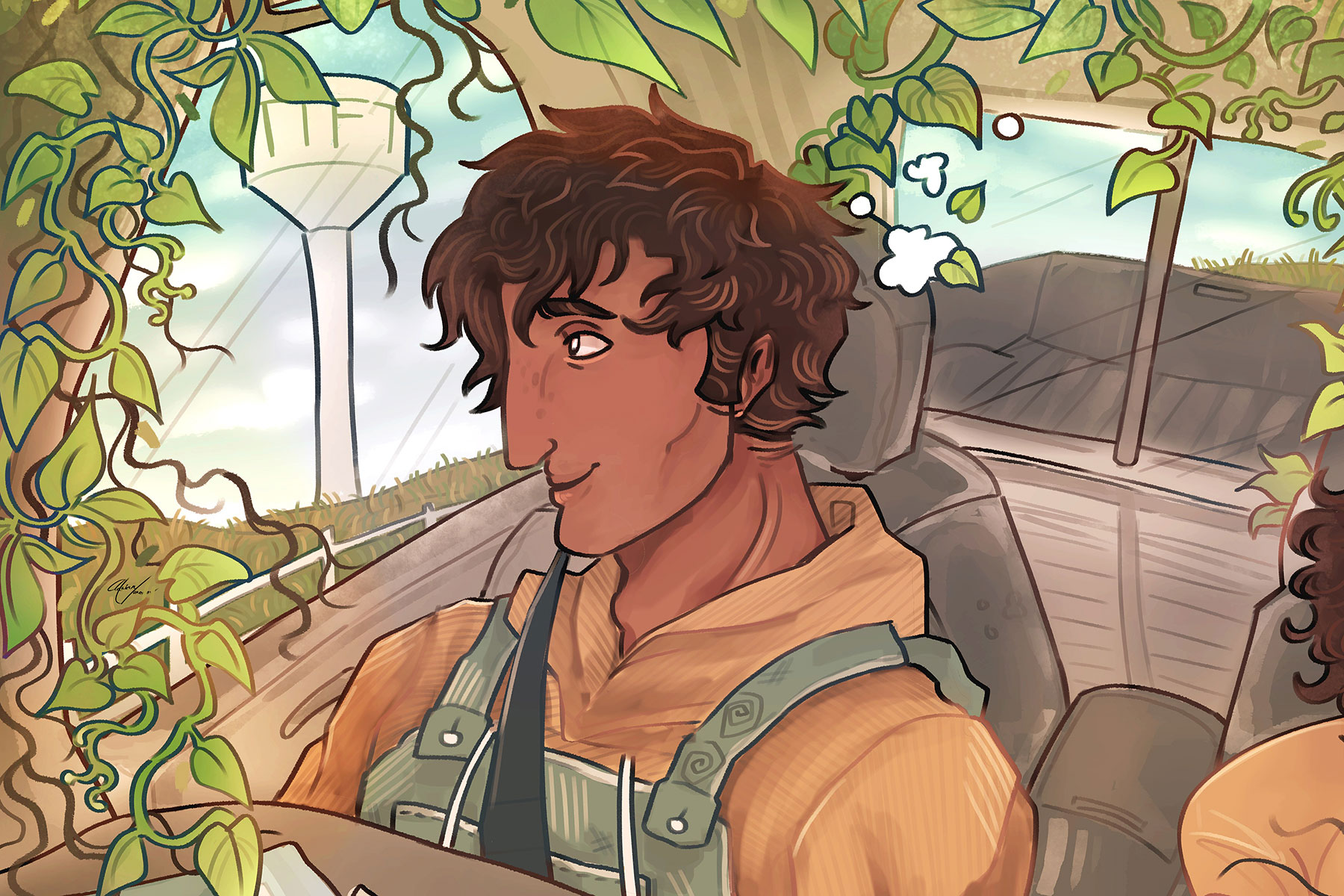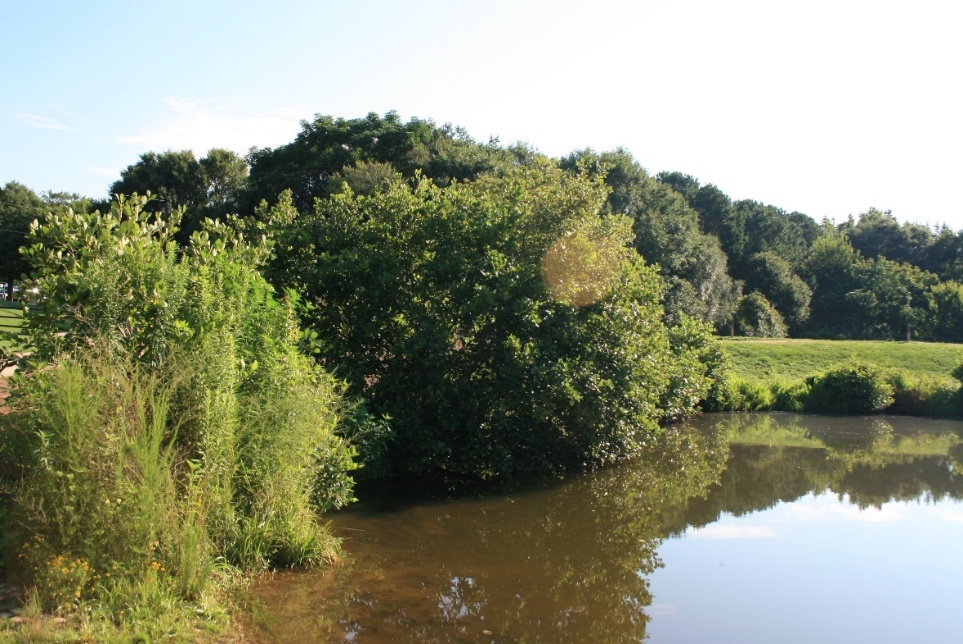
|
By George Boyhan
University of Georgia
In Georgia, particularly south Georgia, we’re blessed (or cursed)
with the ability to garden year-round. During the winter, when
most people think vegetable production stops, Georgia produces
some of its most important vegetables.
The most famous of these are Vidalia onions. Others — greens,
collards, broccoli, cauliflower — are also grown during the
cooler parts of the year.
Bare-root transplants of onions and other cool-season vegetables
are available in local stores during late fall. You can buy many
in flats ready for transplanting, too. Or you can direct-seed
them.
The spring and early summer are ideal for many warm-season crops
such as peppers, tomatoes, watermelon and squash. Ironically, the
hottest part of the summer is when we grow the fewest vegetables
commercially.
Like, it’s hot!
Part of this has to do with marketing, but a lot has to do with
the fact that crops like tomato and pepper actually don’t like
the hottest part of the summer. When night temperatures are above
70 degrees Fahrenheit, they’ll drop their flowers before they
develop fruit. The fruit that does develop can suffer from
ripening and sunscald problems.
If you can stand the heat, plenty of crops can grow successfully
during the height of summer. Watermelon, cantaloupe, cucumbers,
beans, and southern peas are a few.
These crops will thrive in the heat. Of course, water is
critical, not just for these crops, but for you. Drink plenty of
water, use sunscreen and wear a hat. The best time to garden in
the summer is just after sunrise and just before sunset when it’s
relatively cool.
Rough start
Fall gardens start in the heat of summer, usually in July or
August. This can be a particularly hard time to garden.
Insects have had all spring and half the summer to multiply and
can reach epidemic proportions at this time of year. Diseases,
too, can be a problem. If there is little rain but high humidity,
powdery mildew can be a serious problem. Rainy weather during any
season can dramatically increase disease pressure.
Each season has its challenge, but your reward can be a
year-round harvest.
Of course, if you’re getting tired of gardening, plant a cover
crop and put the garden to sleep. The garden will thank you with
increased organic matter and fertility for subsequent crops.
(George Boyhan is an Extension Service horticulturist with the
University of Georgia College of Agricultural and Environmental
Sciences.)




